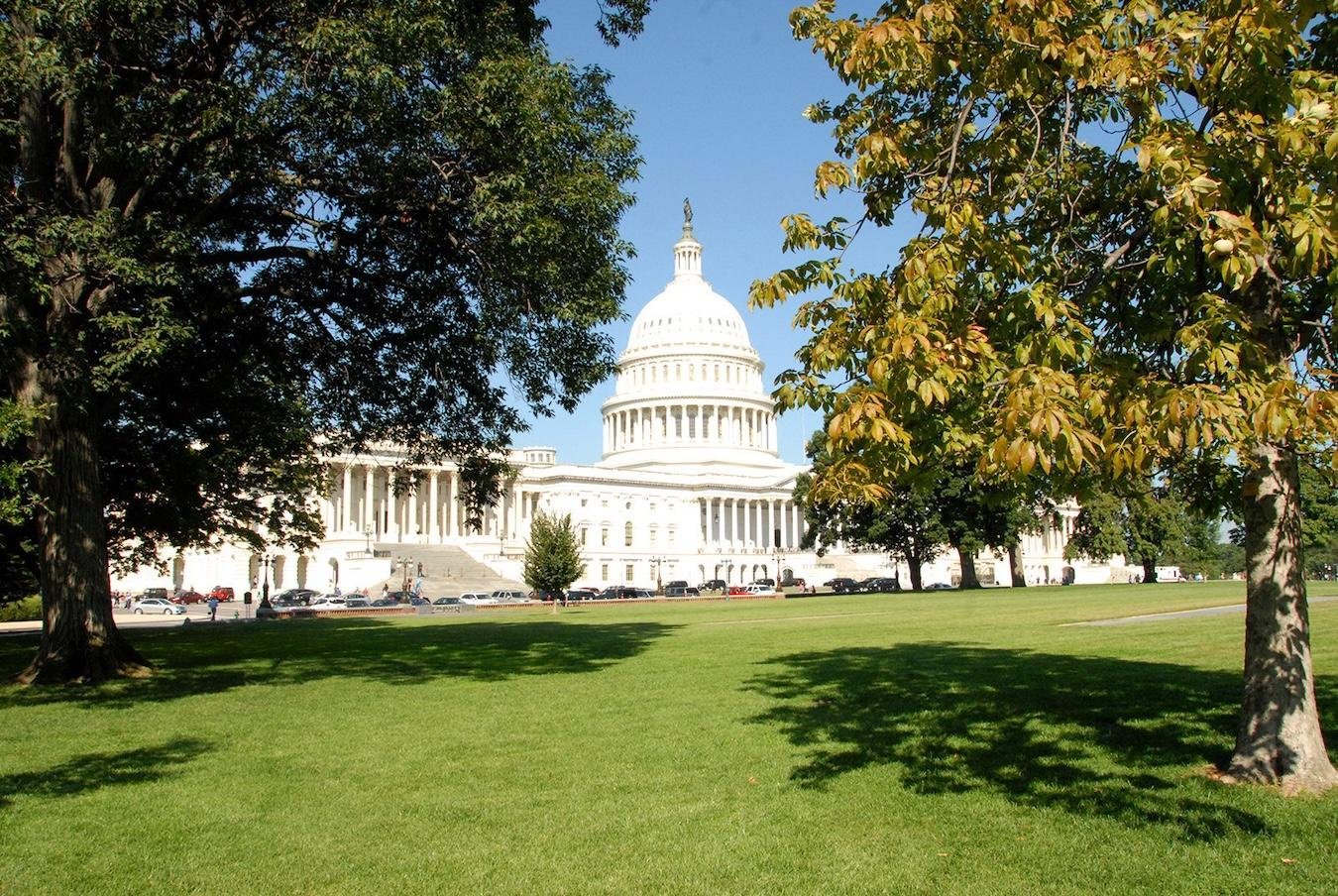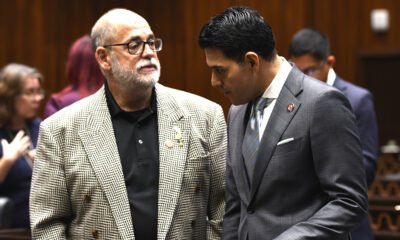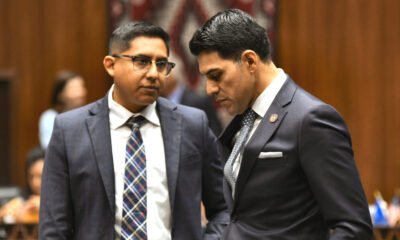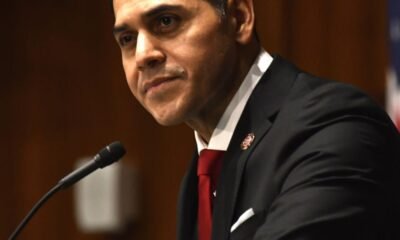Business
Congress Pulls Off 11-Hour Rescue to Avoid Shutdown

In a dramatic turn of events, Congress successfully averted a potential government shutdown late Friday by agreeing on a stopgap budget. The measure maintains funding for federal programs through spring, just in time to spare lawmakers and federal employees from turmoil during the Christmas season.
The atmosphere in Washington was tense earlier that day, with many bracing for the long-anticipated expiration of a short-term spending plan, known as a continuing resolution, originally passed in September. Lawmakers faced significant pressure as bipartisan cooperation seemed to falter.
On Thursday night, House Democrats alongside Republicans rejected a proposed budget bill. They condemned it as a breach of bipartisanship. This setback followed a week where leadership had coalesced around a resolution that included crucial disaster relief and agricultural subsidies. However, GOP leaders withdrew their support amid external pressures, particularly from President-elect Donald Trump and billionaire Elon Musk.
The Republicans’ second proposal retained vital funding for disaster relief but also aimed to defer negotiations around the federal debt limit for two years, a request directly from Trump. This move was seen as an attempt to sidestep contentious fiscal discussions at the onset of his second term.
After an unexpected setback, House Speaker Mike Johnson and Republicans regrouped, emerging with a refined proposal that excluded the contentious debt ceiling provision. With the specter of a government shutdown looming, this adjusted resolution garnered broad support, clearing the House with a striking 366-34 vote, all opposition votes cast by Republicans.
Following the successful vote, Johnson expressed gratitude to his colleagues for their support, underscoring the importance of the legislation. Meanwhile, Democratic Representative Rosa DeLauro criticized the Republicans for their inability to govern effectively, claiming they were forced to rely on Democrats to maintain government operation.
The Senate also approved the continuing resolution with an 85-11 vote. President Joe Biden has indicated he will sign the legislation, which will stabilize federal funding at current levels until March 14. This pause aims to provide legislators with the necessary time to finalize full-year spending bills, an objective that had previously eluded Congress.
The urgency of the budget situation was intensified by external influence; both Trump and Musk took to social media to disparage the original bipartisan resolution just before the voting commenced. Musk labeled the bill as “pork” and threatened primary challenges against Republican lawmakers who supported it, a notion that aligned with Trump’s rhetoric.
The interventions from Musk ultimately derailed the bipartisan effort and catalyzed the last-minute scramble for an alternative solution, which ultimately solidified the passage of the new proposal.


















